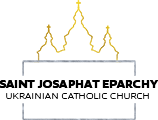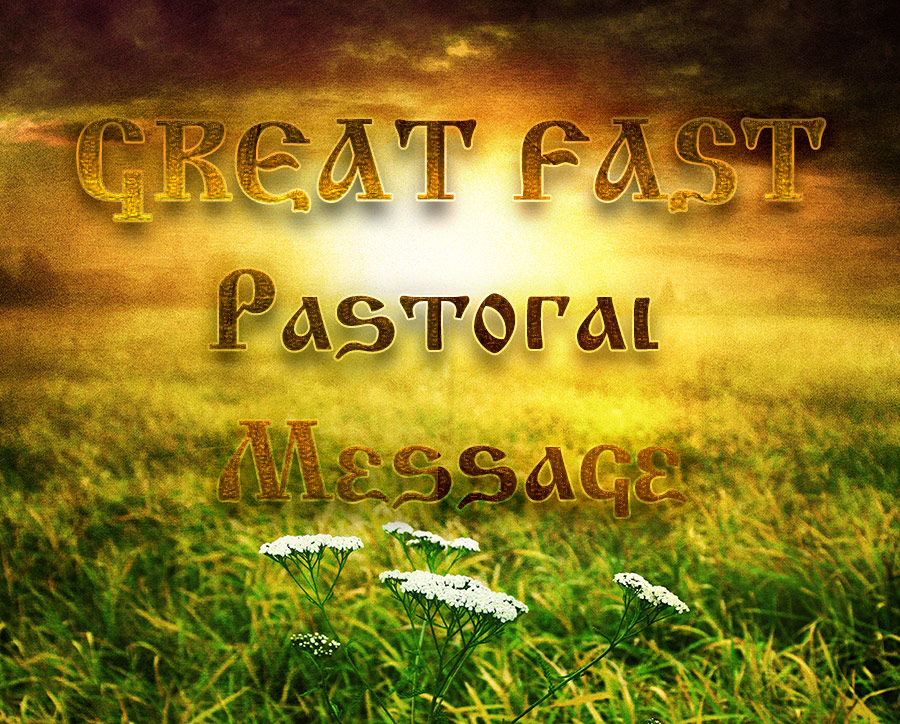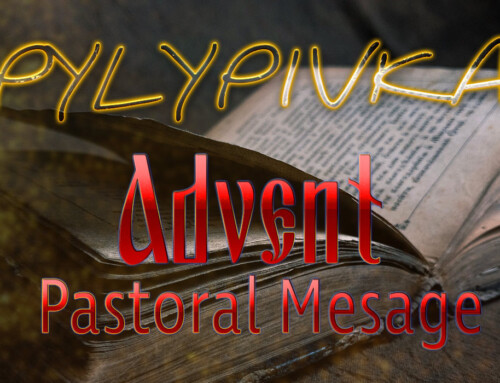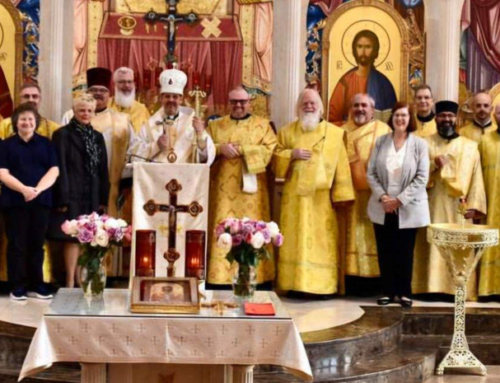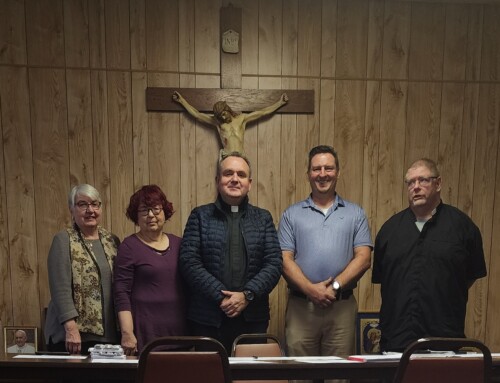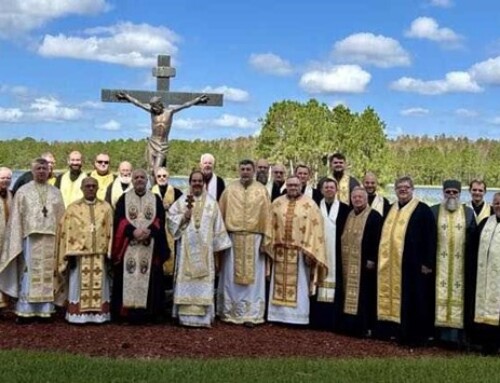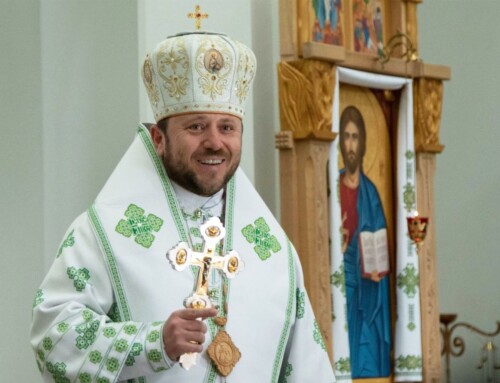“Lord, if you are willing, you can make me clean” (Mt. 8:2)
For the people of the ancient world, the most dreaded disease was undoubtedly leprosy. It was an incurable and pervasive disease that slowly spread over the body, covering it with painful, unsightly ulcers and condemning all who contracted it to horrible suffering and death. It was a merciless illness that honored no boundaries, ravaging the lives of everyone it touched: male and female, young and old, educated and illiterate, saints, and criminals, rich and poor alike. It was literally impossible to move beyond its reach.
But perhaps the most feared aspect of leprosy was that it condemned those afflicted to live out their lives in isolation, separated from normal society, from their families and friends. Because the disease was so contagious, lepers were driven out of their homes and forced to live in colonies, far from populated areas so that they could not infect anyone else. Those with leprosy truly suffered what could be termed a living death.
Because of this people were mortally afraid of lepers and strove to keep them as far away as possible. In fact, if a leper happened to encounter a healthy person at any time, he was obliged to cry out: “Unclean, keep away”, in order to warn them not to approach.
Jesus must have encountered lepers many times during the course of his public life as an itinerant preacher. Fortunately for us, one of these encounters is recorded in the Gospels, and this chance meeting of Jesus with the leper holds deep meaning for us today and opens new horizons of hope and opportunities of healing.
We see that Jesus did not react like everyone else when he encountered this leper on the road. He did not turn away in fear and revulsion, he did not avoid him or ignore him as others did. Rather, he approached him, looking at him with love, treating him with the dignity of a child of God.
And the poor leper, overcome with disbelief and joy that anyone would address him in such a manner, dropped to his knees in front of Jesus and said: “Lord, if you are willing, you can make me clean.” And we read in the Gospel that Jesus reached out his hand and touched the man and said, “I am willing. Be clean!” (Mt. 8:3)
Is it not true, that we are very similar to this leper we see in the Gospel? Is it not true that our bodies, like his, are covered with sores, not necessarily physical sores, but wounds of the soul: sin, pride, jealousy, lust, hatred? And is it not also true that this spiritual disease has isolated us from each other and most importantly from God? Is it not true that many times, like the leper, we cry out to Jesus: “I’m unclean! Stay away! You cannot help me!?”
Thankfully, we, as a Church, are entering a special time of the liturgical year that is designed especially to help us break down the barrier that our spiritual leprosy has erected between ourselves and God: the time of Great Lent.
How? By means of the spiritual tools and treasures the Church offers us during Great Lent: the unique liturgical services that we celebrate together in our churches, a more intense personal prayer regime, fasting from that which separates us from God, good works and acts of service to our neighbor, and, above all, the Holy Mysteries of Penance and the Holy Eucharist.
During Great Lent, Jesus approaches all of us who are sickened with the leprosy of sin and pride, much as he approached the leper on the road. And even though we may protest that we are unclean, that we are unworthy, or unable to change, Jesus knows differently. He knows that with but a touch of his hand, we will be healed.
Therefore, in the blessed weeks of Great Lent that lie ahead, let us cry out as did the leper: “Lord, if you are willing, you can make me clean!” Let Jesus approach us and allow His hand to touch the spiritual wounds which cause us so much pain and misery: the wounds of pride, lust, envy, and every other vice, and especially the spiritual and emotional wounds caused by the bloody war in Ukraine. Let us return from the isolation of our sinfulness to the loving embrace of the Father.
As we embark upon these blessed days, we your hierarchs in the United States, impart upon you the blessings of the Holy Spirit for a fruitful and blessed Lent as we journey together towards Pascha.
Sincerely in Christ,
+Borys Gudziak
Archbishop of Philadelphia
Metropolitan of Ukrainian Catholics in the United States
+Paul Chomnycky, OSBM (author)
Eparch of Stamford
+Venedict Aleksiychuk
Eparch of St. Nicholas in Chicago
+ Bohdan J. Danylo
Eparch of St. Josaphat in Parma
« Господи, коли захочеш, зможеш мене очистити » (Мт. 8:2)
Без сумніву, для людей стародавнього світу проказа була найстрашнішою хворобою. Це була невиліковна та поширена хвороба, яка поступово поширювалася по тілу, покриваючи його хворобливими, бридкими виразками та прирікаючи всіх, хто заразився, на жахливі страждання та смерть. Це була безжальна хвороба, яка не зважала на кордони і руйнувала життя всіх, кого торкнулася: чоловіків і жінок, молодих і старих, освічених і неписьменних, святих і злочинців, багатих і бідних. Втекти від неї було неможливо.
Проте, мабуть, найстрашнішим аспектом прокази було те, що вона прирікала хворих на ізоляцію, відокремлення від нормального суспільства, від родини і друзів. Оскільки хвороба була дуже заразною, прокажених виганяли з їхніх домівок і змушували жити в колоніях, далеко від міст і сіл, щоб вони не могли нікого заразити. Хворі на проказу справді були живими мерцями.
Через це люди смертельно боялися прокажених і прагнули тримати від них осторонь. Якщо прокажений випадково зустрічав здорову людину, він був зобов’язаний крикнути: «Я нечистий, тримайся подалі», щоб попередити не наближатися.
Ісус, мабуть, неодноразово стикався з хворими на проказу впродовж свого публічного життя подорожнього проповідника. Одна з цих зустрічей описана в Євангелії, і вона глибоке значення для нас сьогодні, бо відкриває нові горизонти надії та можливості зцілення.
Коли Ісус зустрів на дорозі прокаженого, Він не відреагував так, як усі інші. Він не відвернувся зі страхом і відразою, не уникав, не ігнорував. Навпаки, Він підійшов, дивлячись на хворого з любов’ю, віддаючи йому належне гідності дитини Божої.
І бідолашний прокажений, радіючи, що хтось так до нього звертається, долаючи недовіру, упав навколішки перед Ісусом і сказав: «Господи, коли захочеш, зможеш мене очистити». І ми читаємо в Євангелії, що Ісус простяг руку, доторкнувся до чоловіка і сказав: «Хочу, очисться!» (Мт. 8:3)
Ми схожі на цього прокаженого, якого ми бачимо в Євангелії, чи не так? Чи не правда, що наші тіла теж вкриті виразками, не обов’язково фізичними: гріхом, гордістю, заздрістю, похіттю, ненавистю? І чи не правда, що ця духовна хвороба ізолювала нас один від одного, а головне від Бога? Чи не правда, що ми часто, як прокажений, кричимо до Ісуса: «Я нечистий! Тримайся подалі! Можеш допомогти!?»
На щастя, ми, як Церква, входимо в особливий час літургійного року, призначений спеціально для того, щоб допомогти нам зруйнувати бар’єр, який наша духовна проказа поставила між нами та Богом – час Великого Посту.
Як це відбувається? За допомогою духовних інструментів і скарбів, які Церква пропонує нам під час Великого Посту: унікальні літургійні богослужіння, інтенсивніший режим особистої молитви, піст від того, що відділяє нас від Бога, добрі діла та служіння ближньому, а насамперед Святі Тайни Покаяння і Пресвятої Євхаристії.
Під час Великого посту Ісус наближається до нас, хворих на проказу гріха і гордині, так само, як Він підійшов до прокаженого на дорозі. І навіть, якщо ми відмовляємося і кричимо, що нечисті, негідні або не можемо змінитися, Ісус знає, що лише одним дотиком його руки ми будемо зцілені.
Тому протягом благословенної седмиці Великого посту, до якого ми наближаємося, взиваймо, як прокажений: «Господи, коли захочеш, зможеш мене очистити!» Дозвольмо Ісусові наблизитися до нас і дозвольмо Його руці торкнутися духовних ран, які завдають нам стільки болю і горя: гордості, пожадливості, заздрощів і всіх інших пороків, а особливо духовних і емоційних травм, спричинених кровопролитною війною в Україні. Повернімося від ізоляції наших гріхів до люблячих обіймів Отця.
Входячи в ці благословенні дні, ми, ваші єпископи в Сполучених Штатах Америки, уділяємо вам благословення Святого Духа на плідний і благословенний Великий піст, яким ми разом мандруватимемо до Великодня.
Щиро у Христі,
